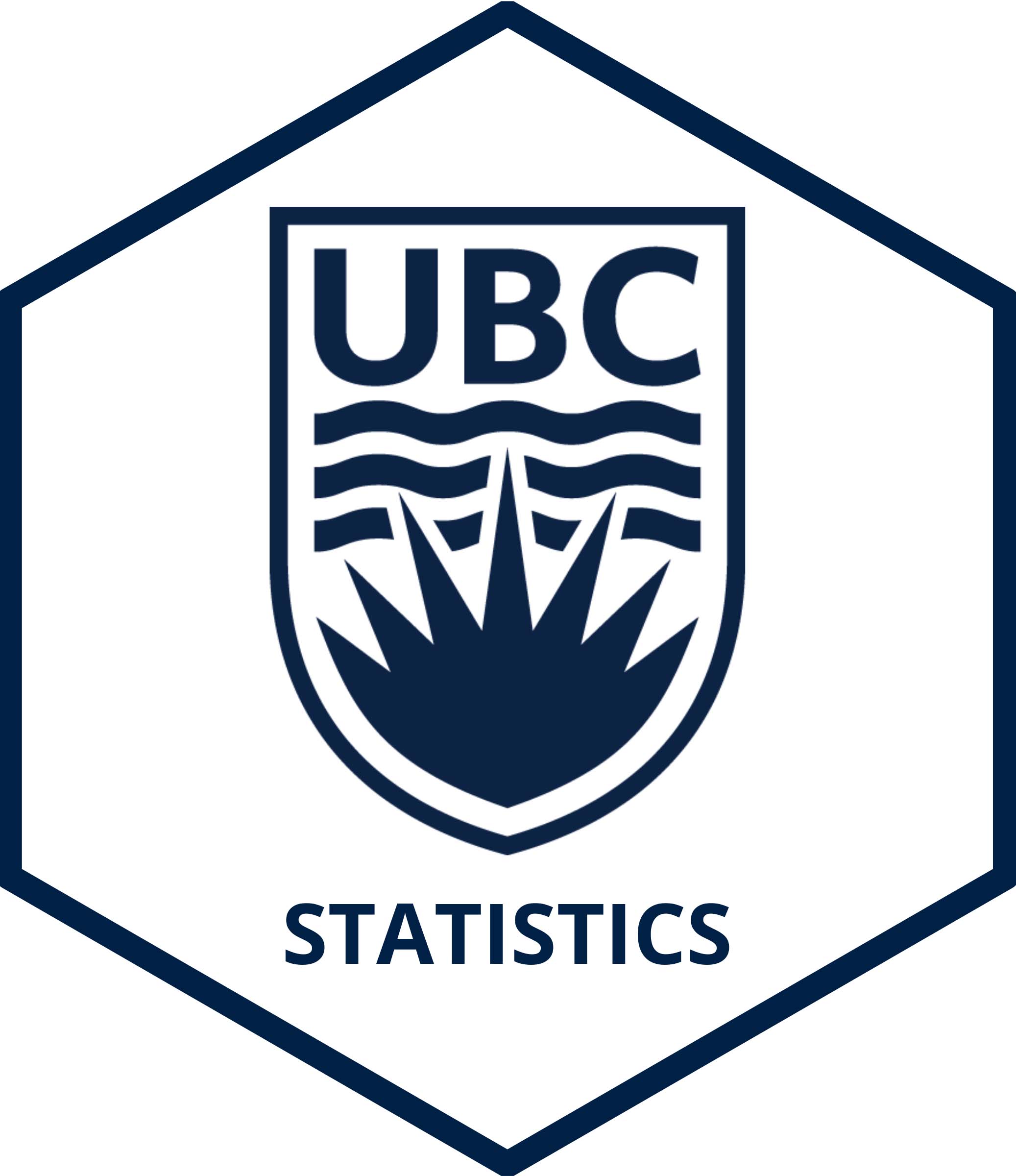UBC SGSA

Reading groups
Multiple professors within the department organize reading groups for current and incoming graduate students. In these, the discussion leader chooses a paper related to the theme of the reading group and then presents it—although the idea is to have a discussion between participants, rather than a presentation.
If you are a first-year master’s student, reading groups are a great way to get to know professors and their research, and to get them to know you as well. This makes choosing a supervisor further down the road much easier.
This is a (non-exhaustive) list of reading groups happening in the department. Reach out to the contact person if you wish to join.
Animal movement and distribution reading group
PI: Dr. Marie Auger-Méthé
and Dr. Nancy Heckman
Contact: Fanny Dupont
The Animal Movement and Distribution Reading Group is a group of graduate students, faculty and postdoctoral fellows in the Statistics Department and the Institute for the Oceans and Fisheries that meet every two weeks to discuss papers that use animal movement and distribution data to answer important questions in ecology. Typically, data are from tracking devices attached to animals. Methods of analysis include hidden Markov models, state space models and continuous time stochastic processes. At each meeting, a group member leads discussion on a paper, with discussions benefiting from the mix of backgrounds of group members.
Computational Bayes reading group
PI: Dr. Trevor Campbell
Contact: Gian Carlo Diluvi
Each week, we hold a 1.5-hour discussion which is led by a rotating presenter. The presenter can choose the format, although whiteboard is preferred. The goal is for the reading group to be a low pressure and informal environment for all of us to learn. Last term, we covered papers on variational methods and parallelizable sampling methods.
Symmetry, invariance, probability and machine learning reading group
PI: Dr. Benjamin Bloem-Reddy
Contact: Johnny Xi
The Symmetry, Invariance, Probability and Machine Learning (SIP-ML) reading group consists of Statistics and Computer Science graduate students, postdocs and faculty who meet every week to discuss a paper or book chapter in the statistics and machine learning literature. Group members rotate weekly as the discussion leader, whose role is to casually present the material and promote discussion. Topics of interest in previous terms were diverse and ranged from empirical Bayes to normalizing flows, including a summer’s worth of Le Cam theory. We also spent a term reading papers on invariant representation learning, causal invariance, domain adaptation and robustness to distributional shifts.
Bayesian statistics reading group (MCMC methods and applications in phylogenetics)
PI: Dr. Alexandre Bouchard-Côté
Contact: Son Luu
The focus of this reading group is generally on Markov chain Monte Carlo (MCMC) methods and its applications in phylogenetics. Students take turns presenting on research topics that are of interest to the group, with presentations lasting about 60-90 minutes. Last term, we covered the book An Introduction to Sequential Monte Carlo by Chopin and Papaspiliopoulos and organized a biweekly tutorial on programming tools for MCMC research (specifically in Julia). The group meets once per week. For more information, please contact the PI or the student contact.
Epidemiology reading group
PI: Dr. Daniel J. McDonald
Contact: Rachel Lobay
In the Epidemiology Reading Group, we look at statistical solutions to epidemiological problems. That is, we consider an interesting paper, book or article on epidemiological advances and discuss the mathematical models and the statistical approaches used to estimate them. Meetings are weekly for about an hour. Possible topics include the mathematical modelling of COVID-19 hospitalizations, forecasting case or hospitalization counts via predictive modelling, and techniques for longitudinal data analysis, amongst others.
Bayesian optimization reading group
PI: Geoff Pleiss
Contact: Issac Rankin
Our reading group focuses on topics in Bayesian optimization, Gaussian processes and their applications in scientific discoveries. Each week, students take turns presenting on research papers that are of interest to the group followed by disscussion on the material. For more information, please contact the PI or the student contact.
Last updated: January 25, 2026